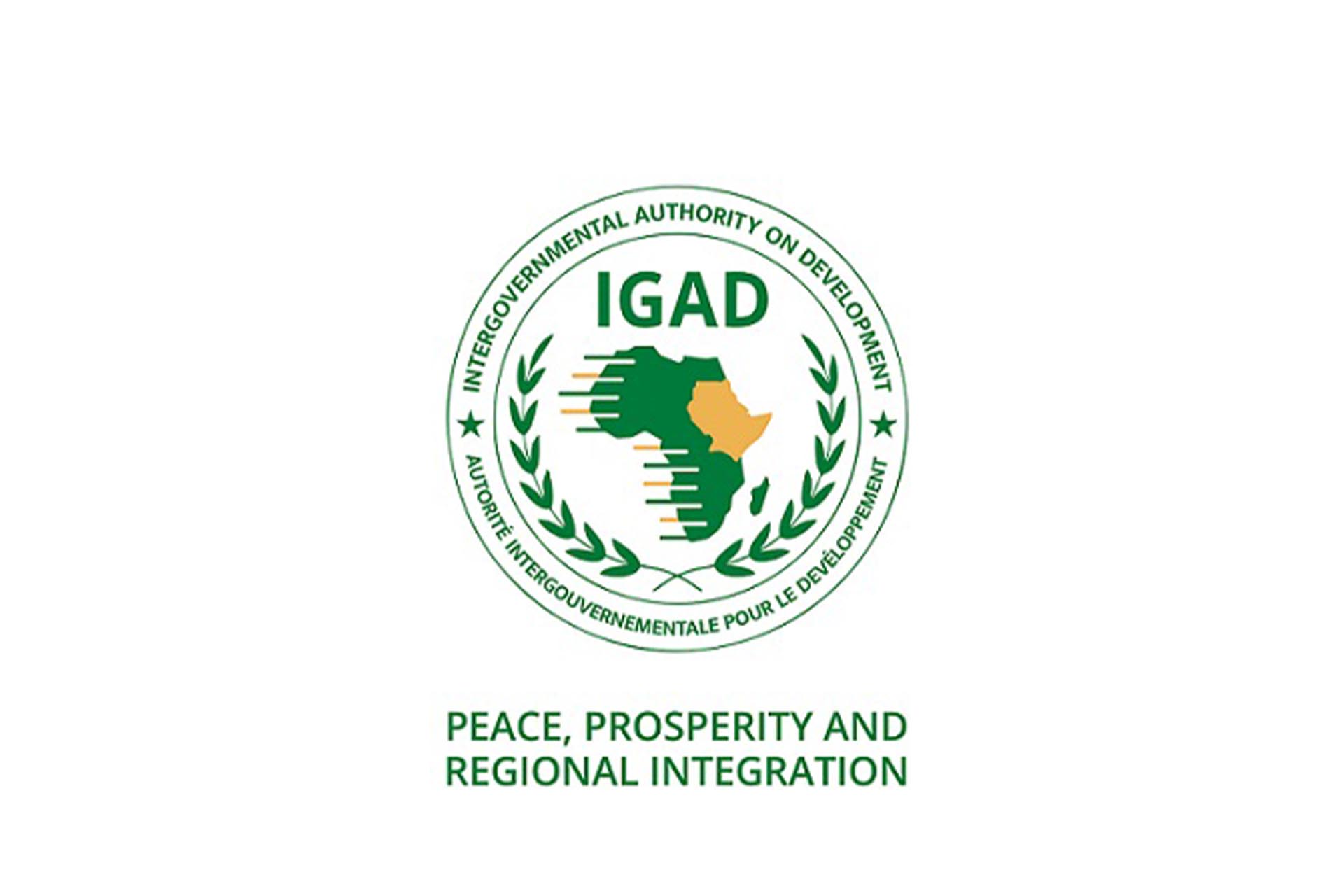The 4th Conference of IGAD Ministers in Charge of Education
The 4th Conference of IGAD Ministers in Charge of Education will be held in Nairobi, Kenya from 25 to 28 March 2024 with a theme of “A Comprehensive Regional Qualifications Framework for Quality and Inclusive Education”.
The Djibouti Declaration on Refugee Education was signed in December 2017, committing IGAD member states (MS) to take concrete measures to promote access to quality education for refugees, returnees, IDPs and host communities. The Djibouti Declaration emanated from the Nairobi Declaration and Action Plan adopted by the Summit of IGAD Heads of State and Government held in March 2017. IGAD has developed a Regional Qualifications Framework as one of the major deliverables of the Djibouti Declaration.
Objectives of the Conference
- Review progress made in the implementation of the Djibouti Declaration (DD) and Addis Ababa Call for Action on education for refugees, returnees and host communities;
- To endorse the IGAD Regional Qualifications Framework (IGADQF) and its implementation plan
- To review and understand the magnitude of the problem of Out of School Children (Dropout) as proposed by Djibouti and come-up with a regional solution;
- To create awareness on the DD M
